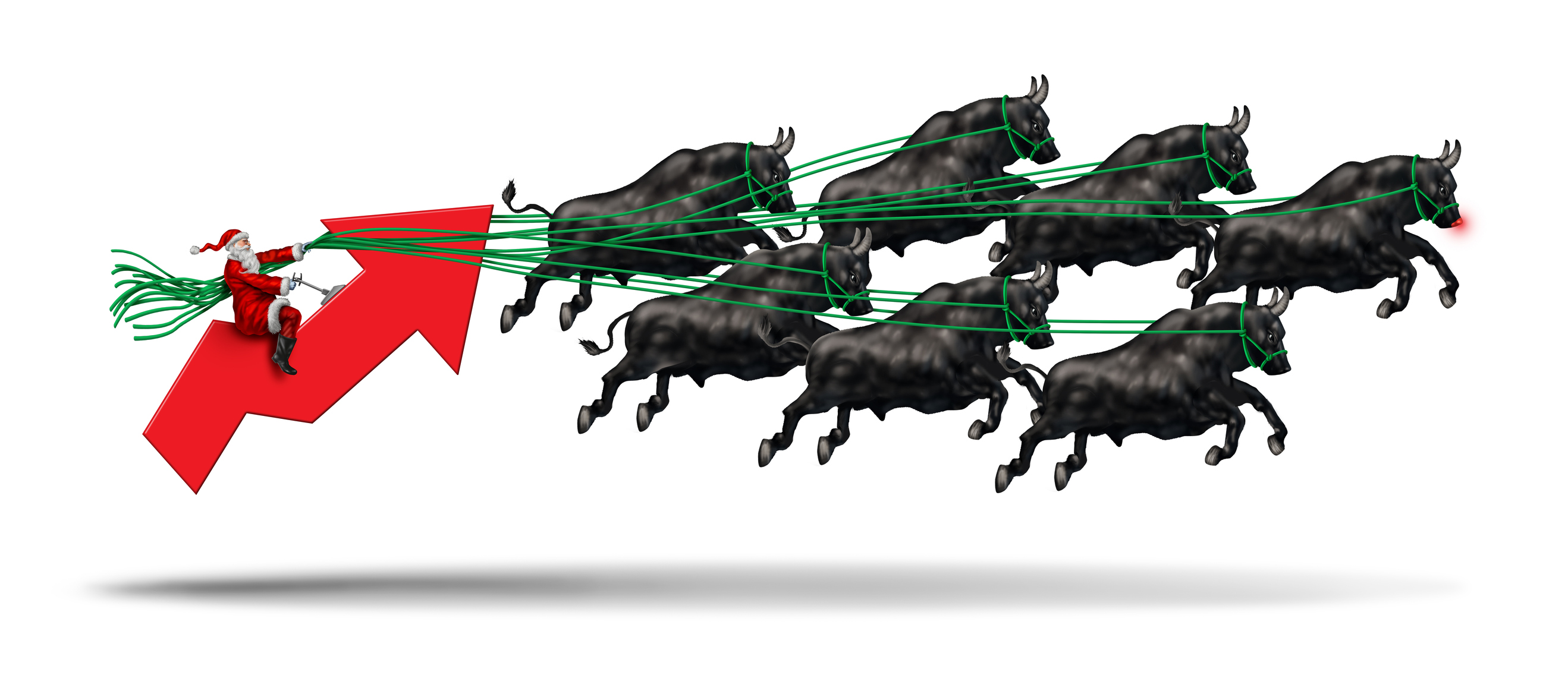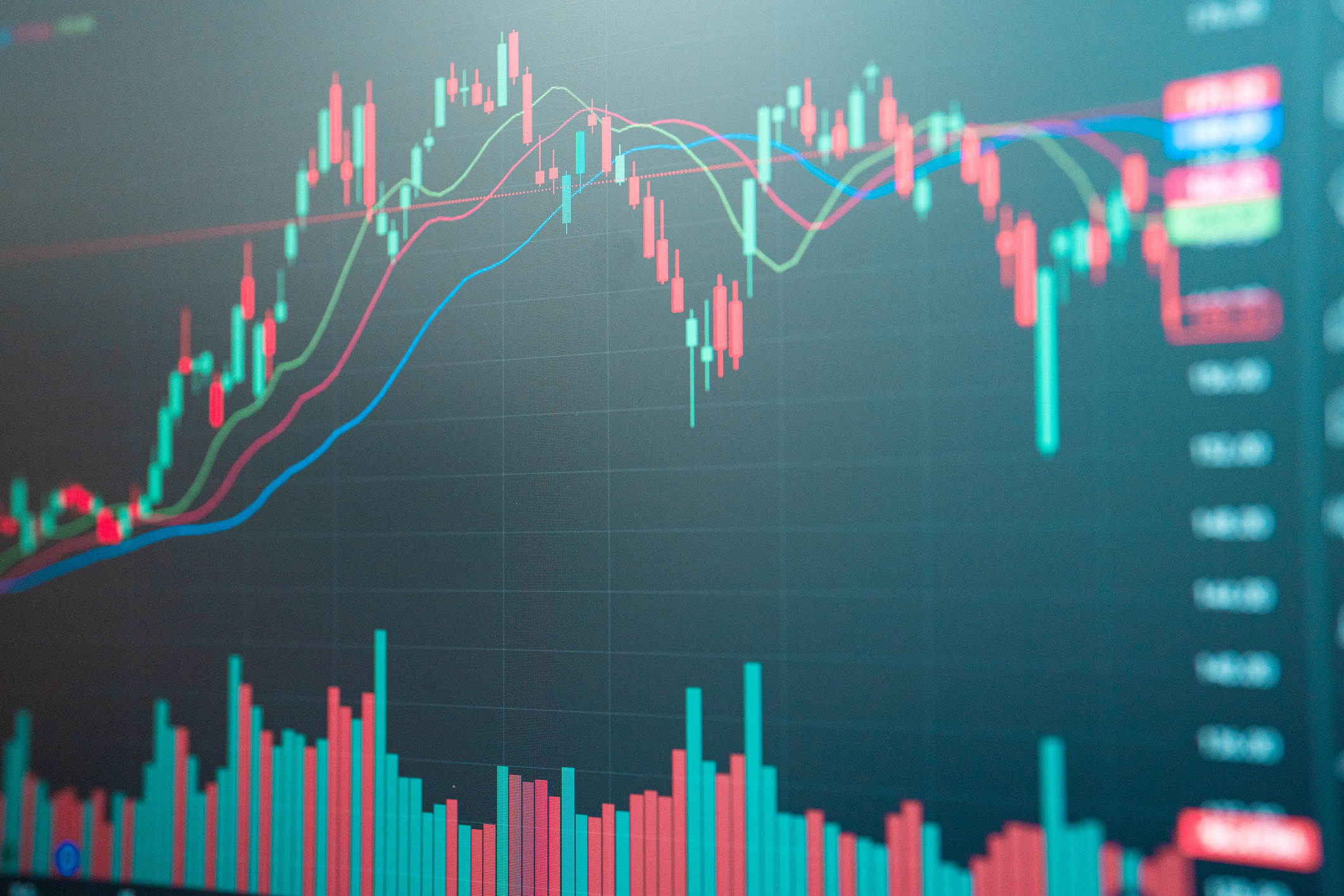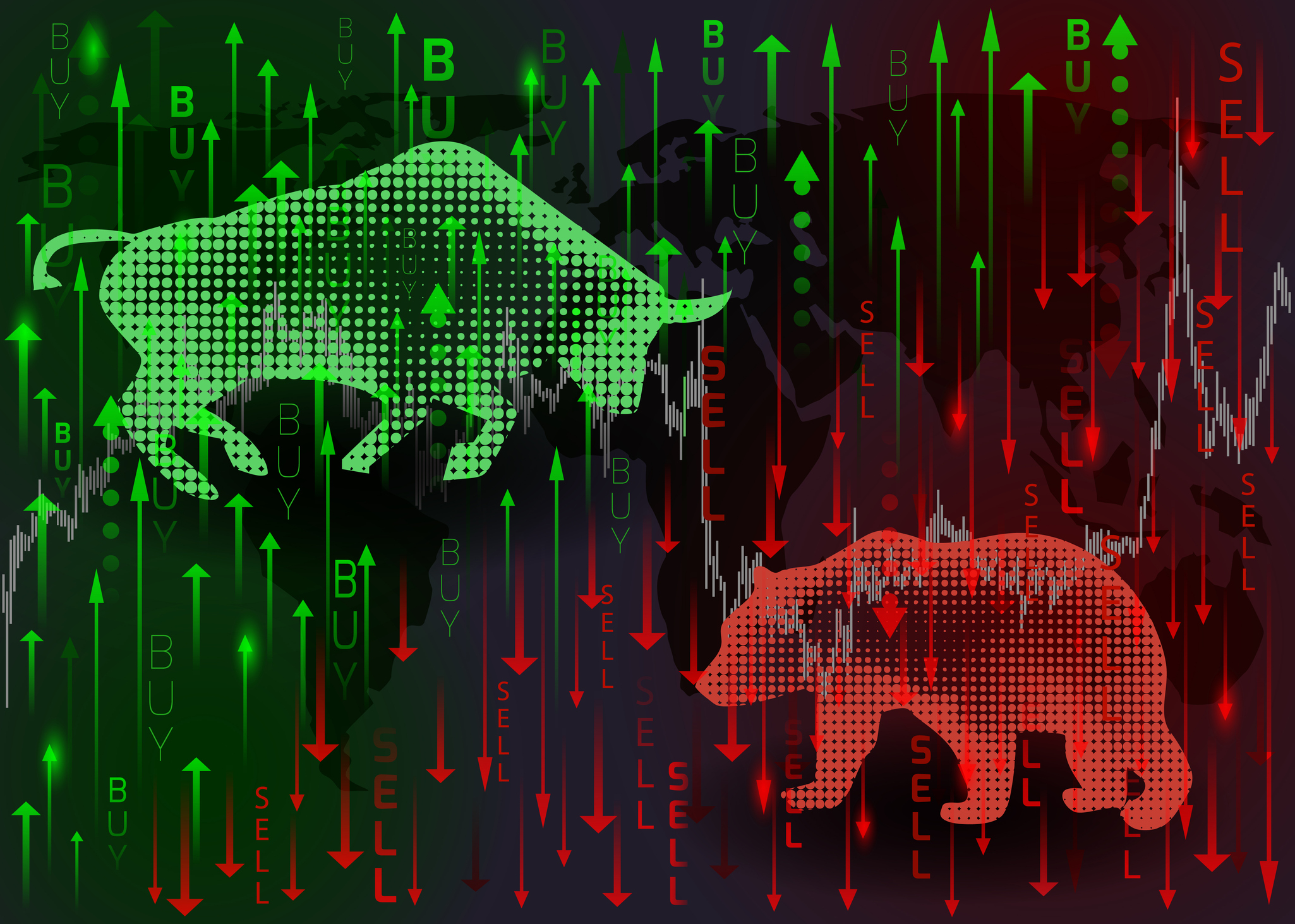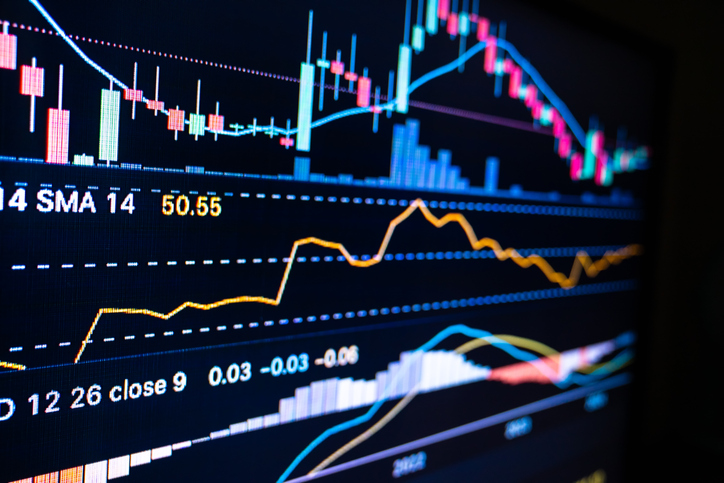Don't Buy the Birkenstock IPO, Expert Urges
There is no reason for Birkenstock to go public, says David Trainer, CEO of New Constructs.


Profit and prosper with the best of Kiplinger's advice on investing, taxes, retirement, personal finance and much more. Delivered daily. Enter your email in the box and click Sign Me Up.
You are now subscribed
Your newsletter sign-up was successful
Want to add more newsletters?

Delivered daily
Kiplinger Today
Profit and prosper with the best of Kiplinger's advice on investing, taxes, retirement, personal finance and much more delivered daily. Smart money moves start here.

Sent five days a week
Kiplinger A Step Ahead
Get practical help to make better financial decisions in your everyday life, from spending to savings on top deals.

Delivered daily
Kiplinger Closing Bell
Get today's biggest financial and investing headlines delivered to your inbox every day the U.S. stock market is open.

Sent twice a week
Kiplinger Adviser Intel
Financial pros across the country share best practices and fresh tactics to preserve and grow your wealth.

Delivered weekly
Kiplinger Tax Tips
Trim your federal and state tax bills with practical tax-planning and tax-cutting strategies.

Sent twice a week
Kiplinger Retirement Tips
Your twice-a-week guide to planning and enjoying a financially secure and richly rewarding retirement

Sent bimonthly.
Kiplinger Adviser Angle
Insights for advisers, wealth managers and other financial professionals.

Sent twice a week
Kiplinger Investing Weekly
Your twice-a-week roundup of promising stocks, funds, companies and industries you should consider, ones you should avoid, and why.

Sent weekly for six weeks
Kiplinger Invest for Retirement
Your step-by-step six-part series on how to invest for retirement, from devising a successful strategy to exactly which investments to choose.
Birkenstock Holding (BIRK) is among the more recognizable initial public offerings (IPOs) of the fall, but retail investors who have long loved the company's clunky sandals would do well to steer clear of buying its stock, skeptics say.
Shares in the German premium footwear brand started trading October 11 on the New York Stock Exchange under the ticker BIRK. Birkenstock priced its IPO on Tuesday night at $46 per share. This was near the midpoint of its anticipated range of $44 to $49, which gave the company a market capitalization of roughly $8.7 billion. However, BIRK opened well below here on its first day of trading, at $41, before closing the session at $40.20.
The company's valuation is a big red flag for David Trainer, CEO of New Constructs, a research firm powered by artificial intelligence. The expected $8.7 billion valuation gave Birkenstock a larger market capitalization than peers such as Skechers (SKX), Crocs (CROX) and Steve Madden (SHOO), writes Trainer in a note to clients.
From just $107.88 $24.99 for Kiplinger Personal Finance
Become a smarter, better informed investor. Subscribe from just $107.88 $24.99, plus get up to 4 Special Issues

Sign up for Kiplinger’s Free Newsletters
Profit and prosper with the best of expert advice on investing, taxes, retirement, personal finance and more - straight to your e-mail.
Profit and prosper with the best of expert advice - straight to your e-mail.
"Even more shockingly, the only footwear companies with a larger market cap are Nike (NKE) and Deckers Outdoor (DECK)," Trainer adds. "While Birkenstock is profitable, we think it is fair to say that the $8.7 billion valuation mark is too high, especially for a company that was valued at just $4.3 billion in early 2021."
Trainer figures that to justify an $8.7 billion valuation, Birkenstock would need to generate north of $3.8 billion in annual revenue, or more than three times its revenue in 2022.
"We don’t see this happening anytime soon, if ever," he says. "We don't doubt that Birkenstock has strong brand equity and produces stylish sandals, but there is really no reason for this company to be public. We do not think investors should expect to make any money by buying this IPO."
Birkenstock joins crowded IPO club
Birkenstock joins a growing list of prominent names making their stock market debuts recently as the IPO market continues to wake up. Arm Holdings (ARM) enjoyed the most-hyped debut in years last month. Instacart (CART) and the Kellogg spinoff Kellanova (K) have also given equity investors more options for their portfolios.
Just be aware that retail investors typically don't get access to hot upcoming IPOs, which is really just as well. It's too easy to buy high under the best of circumstances. Frenzied opening day trading only compounds the problem.
Most importantly, experts say, is that the latest IPOs are having a hard time holding on to their initial excitement in the downdraft of the broader market.
"Investors should have learned a valuable lesson in the past few weeks when it comes to IPOs," writes Trainer. "Arm Holdings and Instacart went public at sky-high valuations, and the stock prices of both companies have fallen significantly over the past few weeks."
Related content
Profit and prosper with the best of Kiplinger's advice on investing, taxes, retirement, personal finance and much more. Delivered daily. Enter your email in the box and click Sign Me Up.

Dan Burrows is Kiplinger's senior investing writer, having joined the publication full time in 2016.
A long-time financial journalist, Dan is a veteran of MarketWatch, CBS MoneyWatch, SmartMoney, InvestorPlace, DailyFinance and other tier 1 national publications. He has written for The Wall Street Journal, Bloomberg and Consumer Reports and his stories have appeared in the New York Daily News, the San Jose Mercury News and Investor's Business Daily, among many other outlets. As a senior writer at AOL's DailyFinance, Dan reported market news from the floor of the New York Stock Exchange.
Once upon a time – before his days as a financial reporter and assistant financial editor at legendary fashion trade paper Women's Wear Daily – Dan worked for Spy magazine, scribbled away at Time Inc. and contributed to Maxim magazine back when lad mags were a thing. He's also written for Esquire magazine's Dubious Achievements Awards.
In his current role at Kiplinger, Dan writes about markets and macroeconomics.
Dan holds a bachelor's degree from Oberlin College and a master's degree from Columbia University.
Disclosure: Dan does not trade individual stocks or securities. He is eternally long the U.S equity market, primarily through tax-advantaged accounts.
-
 Ask the Tax Editor: Federal Income Tax Deductions
Ask the Tax Editor: Federal Income Tax DeductionsAsk the Editor In this week's Ask the Editor Q&A, Joy Taylor answers questions on federal income tax deductions
-
 States With No-Fault Car Insurance Laws (and How No-Fault Car Insurance Works)
States With No-Fault Car Insurance Laws (and How No-Fault Car Insurance Works)A breakdown of the confusing rules around no-fault car insurance in every state where it exists.
-
 Why Picking a Retirement Age Feels Impossible (and How to Finally Decide)
Why Picking a Retirement Age Feels Impossible (and How to Finally Decide)Struggling with picking a date? Experts explain how to get out of your head and retire on your own terms.
-
 Stocks End Volatile Year on a Down Note: Stock Market Today
Stocks End Volatile Year on a Down Note: Stock Market TodayAfter nearing bear-market territory in the spring, the main market indexes closed out the year with impressive gains.
-
 The Santa Claus Rally Officially Begins: Stock Market Today
The Santa Claus Rally Officially Begins: Stock Market TodayThe Santa Claus Rally is officially on as of Wednesday's closing bell, and initial returns are positive.
-
 Nasdaq Leads as Tech Stages Late-Week Comeback: Stock Market Today
Nasdaq Leads as Tech Stages Late-Week Comeback: Stock Market TodayOracle stock boosted the tech sector on Friday after the company became co-owner of TikTok's U.S. operations.
-
 Dow Rises 497 Points on December Rate Cut: Stock Market Today
Dow Rises 497 Points on December Rate Cut: Stock Market TodayThe basic questions for market participants and policymakers remain the same after a widely expected Fed rate cut.
-
 Dow Climbs 559 Points to Hit a New High: Stock Market Today
Dow Climbs 559 Points to Hit a New High: Stock Market TodayThe rotation out of tech stocks resumed Tuesday, with buying seen in more defensive corners of the market.
-
 Investors Take Stock of Shutdown Talk: Stock Market Today
Investors Take Stock of Shutdown Talk: Stock Market TodayWhether we'll have a Jobs Friday this week depends on if we have a government shutdown in Washington.
-
 Stocks Struggle to Start Nvidia Week: Stock Market Today
Stocks Struggle to Start Nvidia Week: Stock Market TodayAnother important week for the stock market starts on a risk-off note.
-
 Dow Jones Adds 463 Points as Rate-Cut Odds Rise: Stock Market Today
Dow Jones Adds 463 Points as Rate-Cut Odds Rise: Stock Market TodaySome futures traders are now pricing in the possibility of a jumbo rate cut in September, which lifted stocks today.